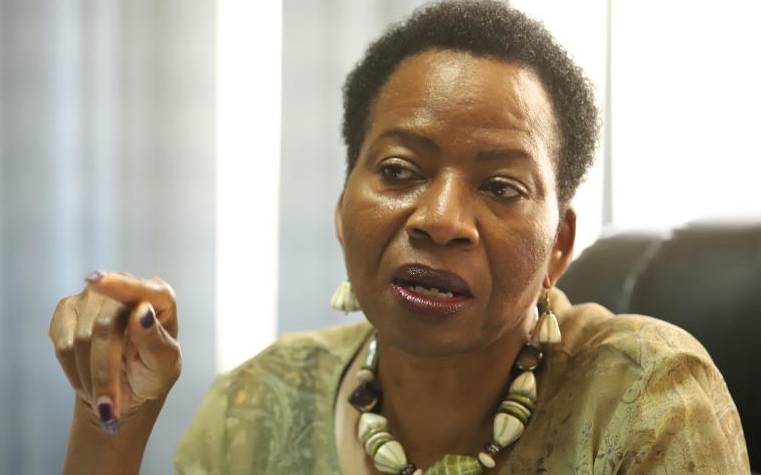×
The Standard e-Paper
Join Thousands Daily

Great Lakes University of Kisumu Vice Chancellor Prof Amadi Ndede during an interview at the institution on January 9th 2019. [Photo: Collins Oduor, Standard]
A vice chancellor has blamed the mess that has seen 133 university courses rejected on the Commission for University Education (CUE).